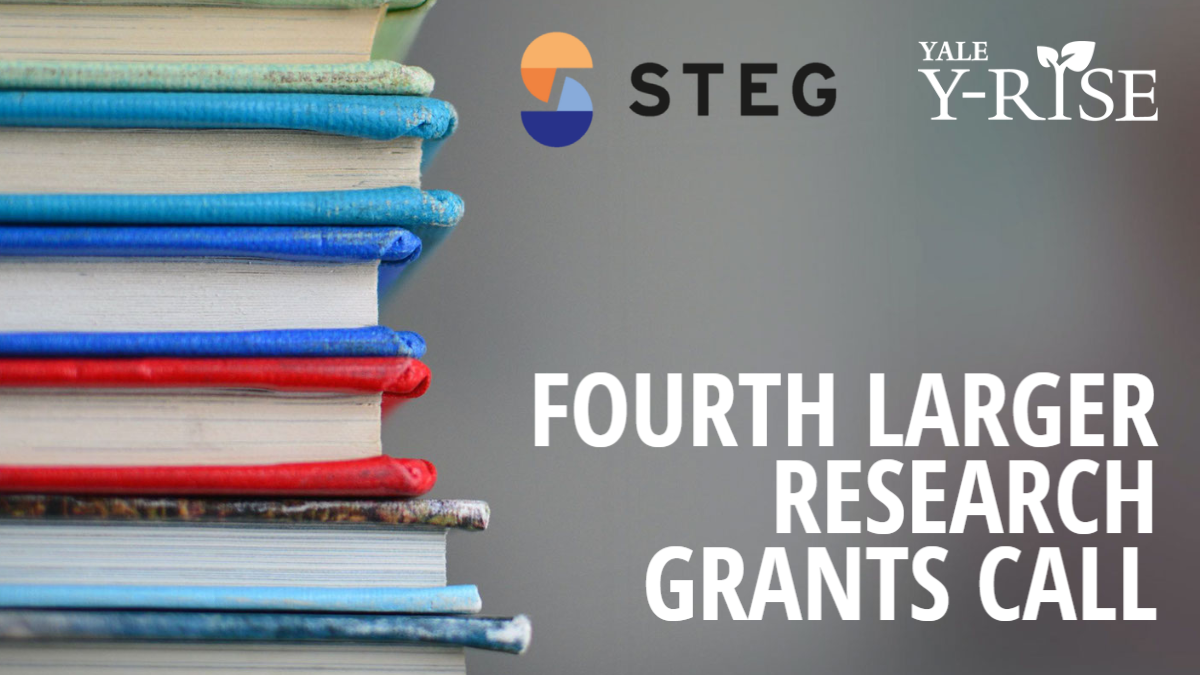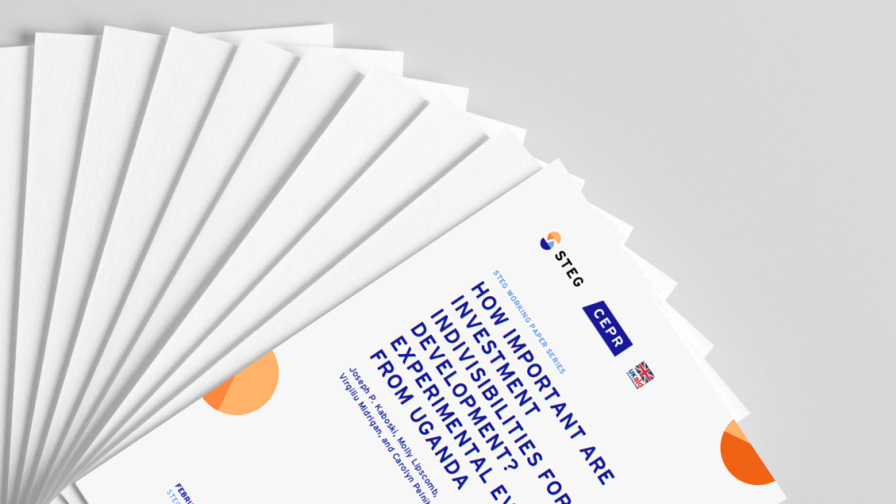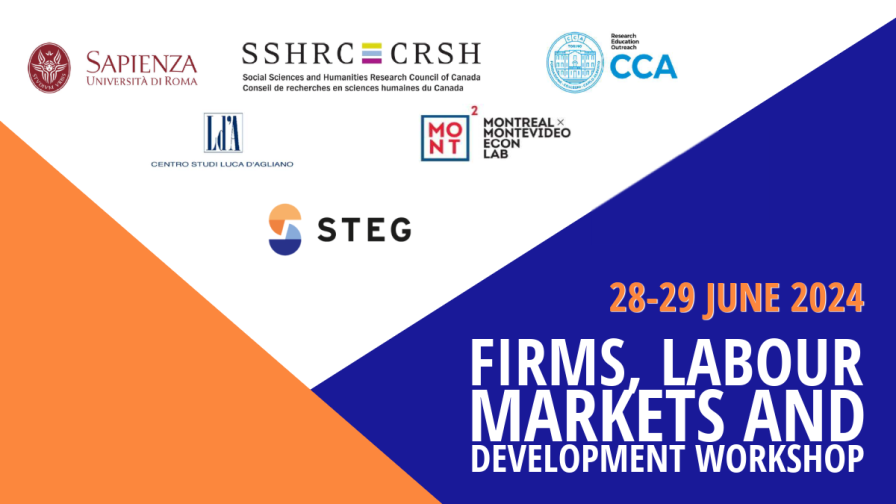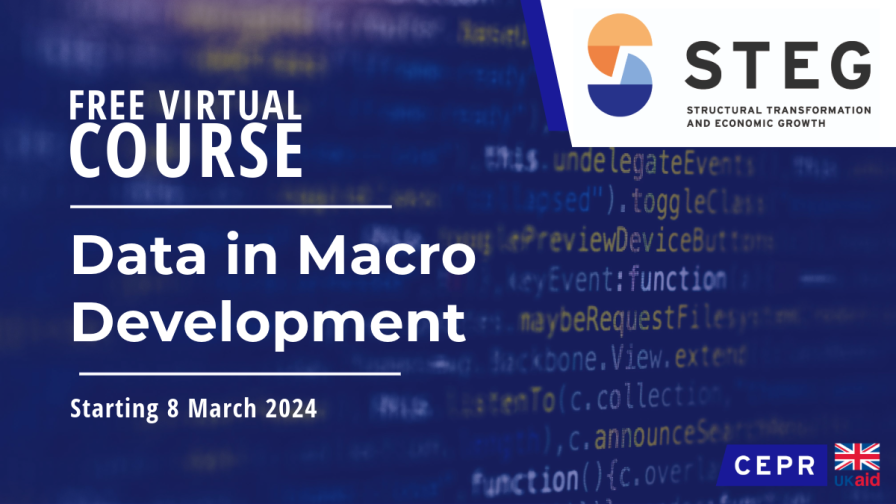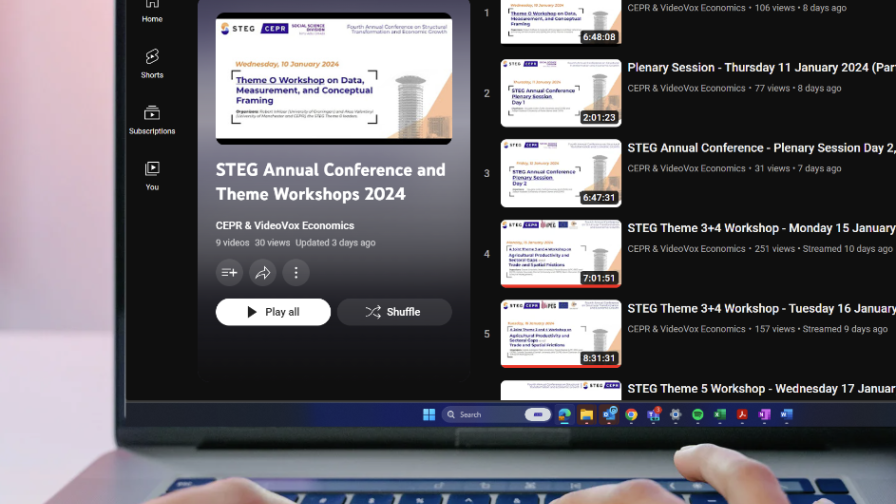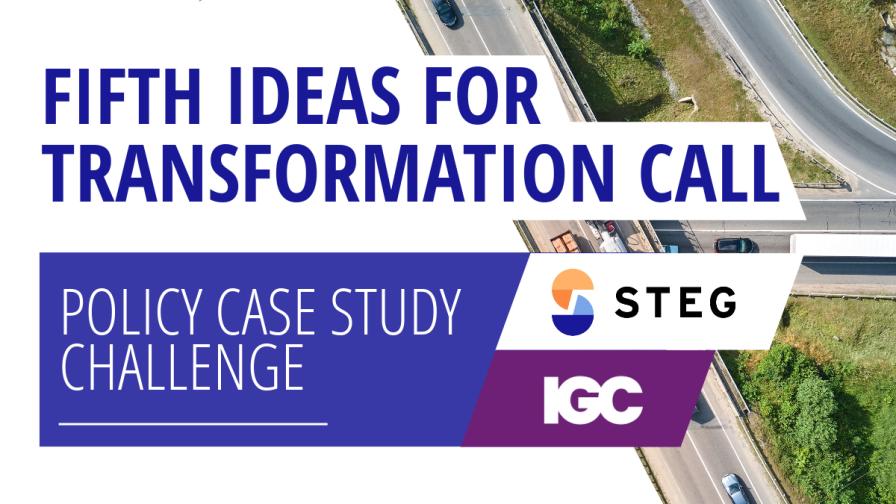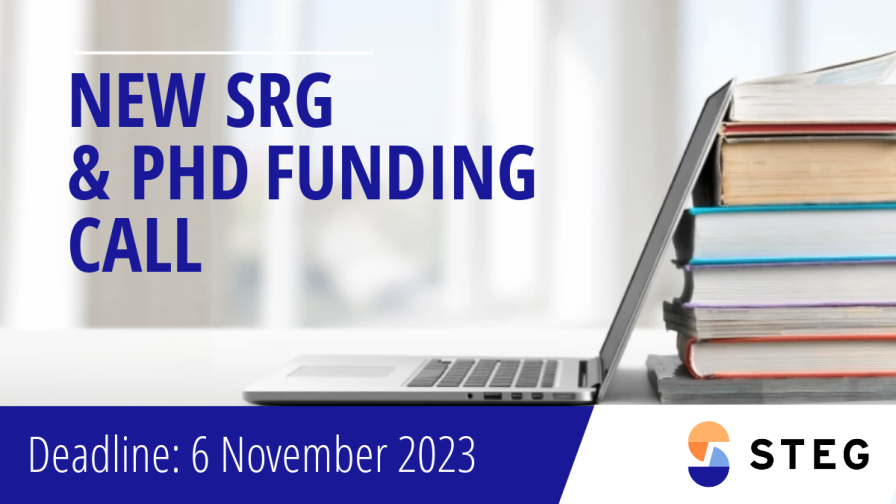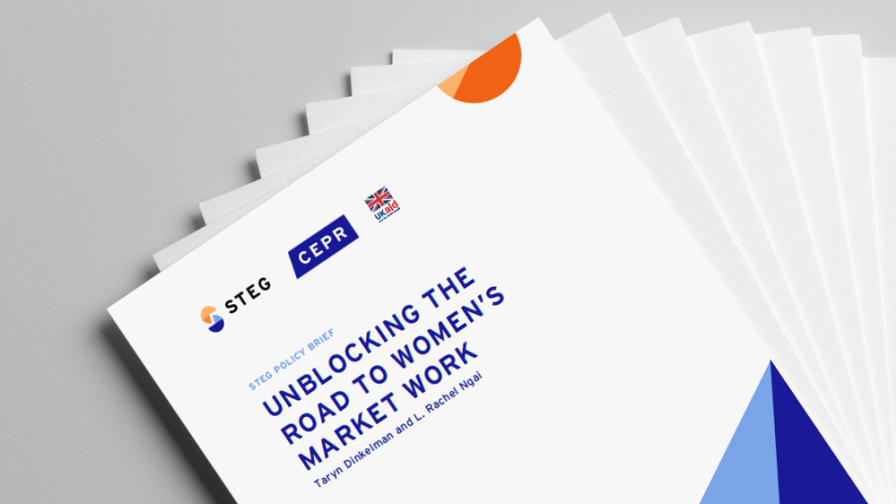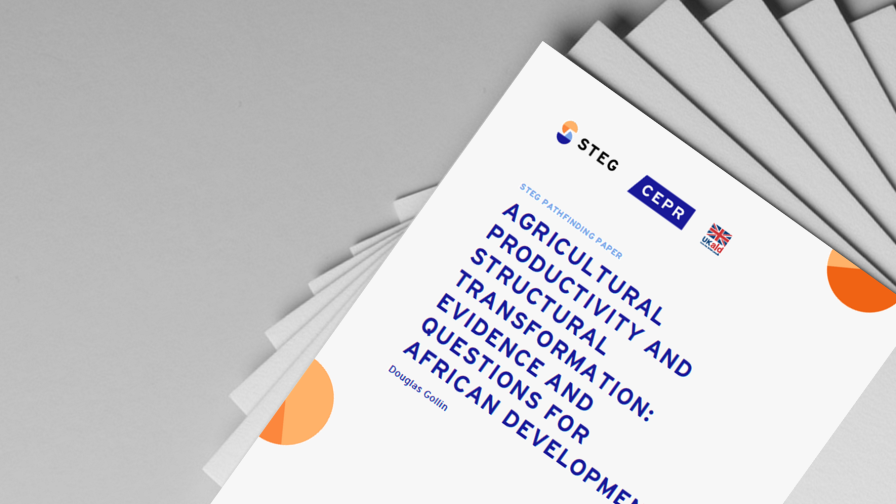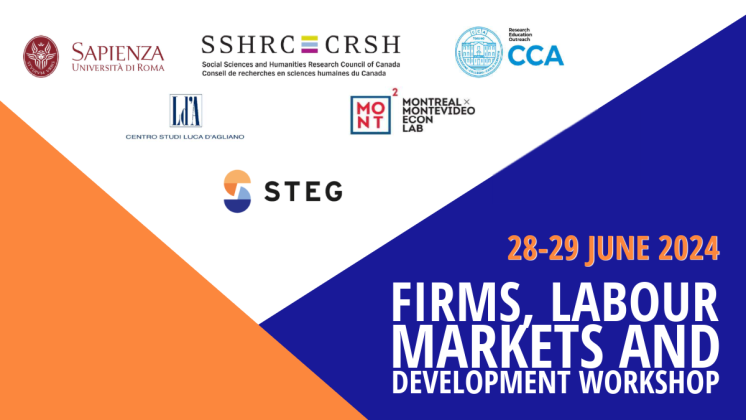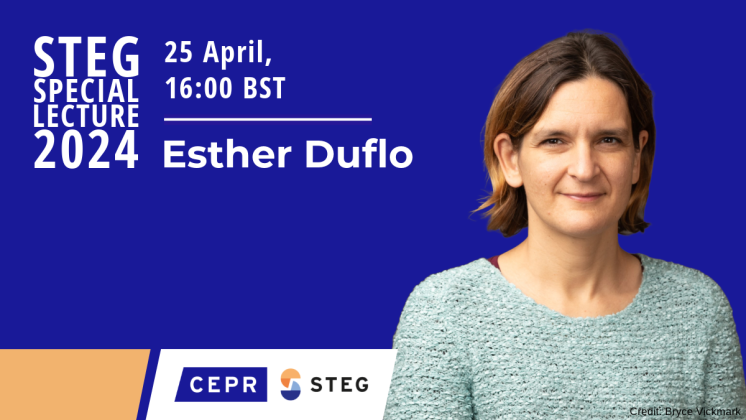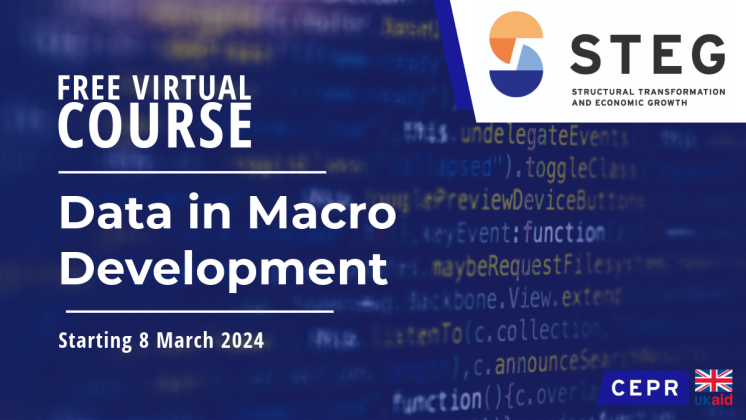DEADLINE: 19 SEPT 2023 - NOW OPEN
Application to this call is now open.
STEG and the Yale Research Initiative on Innovation and Scale (Y-RISE) invite applications to the fourth call for proposals for Larger Research Grants (LRGs). This will be the final LRG call under the current STEG programme.
LRGs of up to £100,000* can fund research assistance, data collection and/or purchase, and teaching buyouts, or relevant remuneration practices, for the principal investigator and co-investigators from partner institutions. Grants also support travel to field sites, even when secondary data is utilised. We view this kind of travel (with the possibilities for field visits and conversations with policy makers) as particularly important for researchers who lack prior experience in the countries that they intend to study. Please note that cost effectiveness and value for money are important evaluation criteria and submitted budgets must adhere to the LRG Budget Guidelines.
*For this funding call, the £100,000 cap will be relaxed for projects with extraordinary data collection costs in low-income countries. To study questions around structural transformation, productivity, and economic growth in low-income countries, there is a clear need for access to improved data and we recognise the substantial costs related to these projects. As with all projects focused on data collection, we expect the data to be made publicly available by the end of the grant. While no fixed limit has been placed above the £100,000 cap, the additional budget must be within reason and clearly justified.
Research may focus on broad systemic patterns and processes of structural transformation and growth for low-income countries, in a comparative sense across time or space, or more narrowly defined topics related to one or more of the following six research themes:
- Data, measurement, and conceptual framing;
- Firms, frictions and spillovers, and industrial policy;
- Labour, home production, and structural transformation at the level of households;
- Agricultural productivity and sectoral gaps;
- Trade and spatial frictions;
- Political economy and public investment.
We also welcome work that intersects with Y-RISE’s interest in understanding policy interventions at large scales, with particular attention to work aimed at expanding our knowledge on the effects of electrification, falling into one or more of the following themes:
- The role of electricity reliability in economic development;
- Complementarities between electricity and other investments;
- Migration and agglomeration under spatially uneven electrification;
- Broad themes:
- Macro, growth, and welfare effects of large-scale programs
- Spillovers, networks, and equilibrium effects
- Policy implementation and institutional capacity
- Political economy effects of programs
- Evidence aggregation and external validity
Other areas of interest may not fit cleanly into any of the themes but are centrally relevant to STEG and Y-RISE and are also encouraged.
STEG is also focused around three cross-cutting issues that are simultaneously relevant to many areas of structural transformation, including the six research themes:
- Gender;
- Climate change and the environment;
- Inequality and inclusion.
Research proposals speaking to these issues will receive particular consideration.
STEG’s goal is to generate research and evidence to inform policy in low-income countries, particularly in sub-Saharan Africa. Therefore, we seek papers that demonstrate clear relevance to this objective. Research in middle-income countries will be considered if it informs growth processes or policies in low-income countries.
In principle, LRGs cover the same substantive areas, questions, and methodologies as STEG Small Research Grants (SRGs). However, they are meant for projects which have greater financial needs due to, for example, greater time requirements, data requirements or research assistance costs. Commensurate with these greater budgets, they are expected to produce either multiple outputs or more fundamental contributions.
Please note:
- We strongly recommend that applicants read the LRG documentation about eligibility, country criteria, preparing an application, how to apply online and the LRG Frequently Asked Questions before applying.
- The deadline: 23:59 BST, 19 September 2023.
- Decisions and contracting: We aim to issue funding decisions within five months of the deadline for receipt of proposals. An LRG is intended to be completed within 24 months. Please note that contracts should be signed within one month of the return of the final decision, which is also the expected project start date.
- How to apply: applicants are asked to submit their proposals, using the templates available at the bottom of the LRG funding page on the STEG website, via the LRG Application Form on Hub.
- If your proposal specifically speaks to Y-RISE themes, please use Y-RISE in the “keywords” section of the application form on Hub
_________________________________________________________________
If you have any questions, please contact the STEG Team at [email protected].
